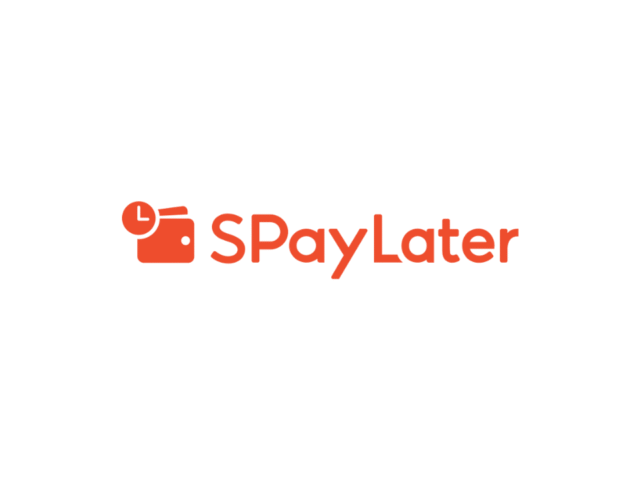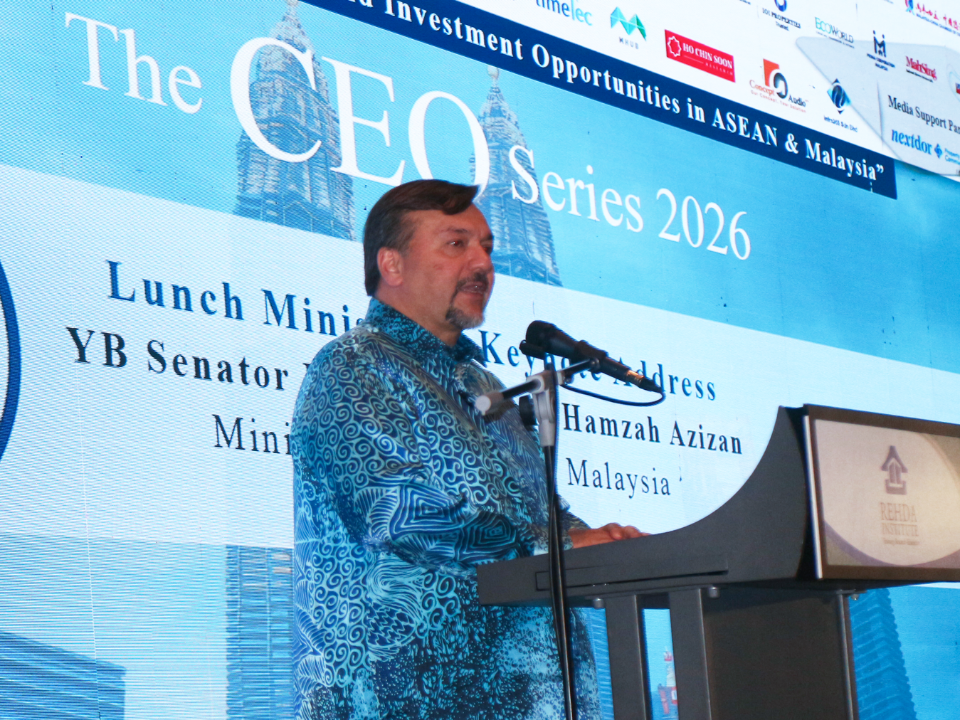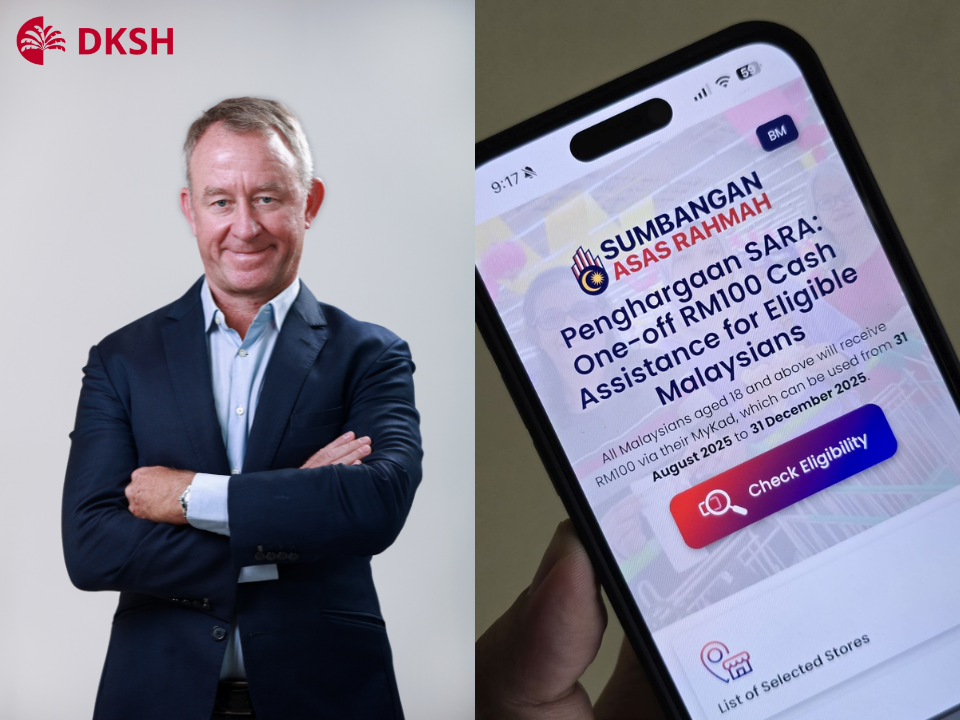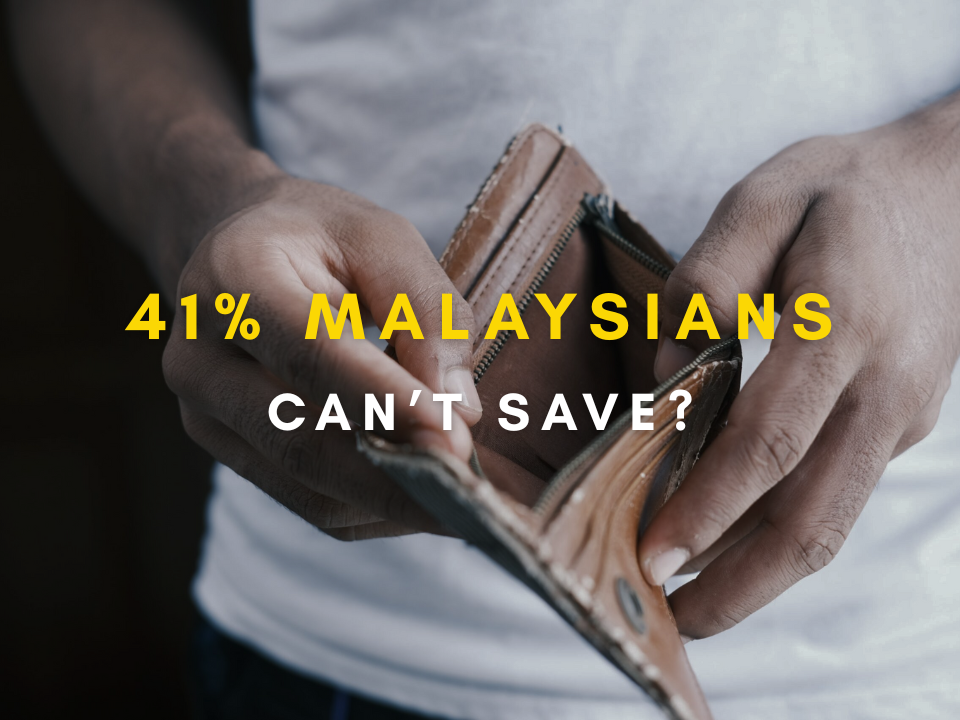
A new survey highlights how access to Buy Now, Pay Later (BNPL) services like SPayLater is reshaping the financial habits of Malaysians particularly those once reliant on risky informal lending.
In an eye-opening study titled “Fikir Sekarang, Bayar Kemudian”, SPayLater surveyed over 40,000 users across Malaysia to better understand how BNPL services are being used and how they’ve made a tangible difference in user’s financial lives. The findings reveal a shift from dependency on pawn shops, unlicensed lenders, and borrowing from family and friends, towards more structured and manageable credit options.
Credit Access Is No Longer a Privilege, It’s a Necessity
For many Malaysians, access to even a modest line of credit is the lifeline that helps them meet everyday expenses. The survey found that 63% of respondents who previously turned to informal lending no longer do so after using SPayLater.
Moreover, 59% of users view credit access as essential for purchasing necessities in today’s economy. Yet, a deeper look shows that 55% still lack credit access beyond BNPL services, exposing a persistent gap in financial inclusion.
In addition, the survey found that 12% feel underserved by banks, and 18% either lack access to or do not use banking services at all. This reflects a critical gap in the nation’s financial infrastructure, even as digitalization continues to spread.
Malaysians Turn to BNPL During Financial Shocks
SPayLater isn’t just a convenience, it’s a financial safety net. A staggering 81% of users have relied on the service during challenging times or unexpected financial emergencies. Common situation where SPayLater came to the rescue included:
- Buying baby formula
- Covering medical expenses
- Paying for home or car repairs
- Renewing insurance or Takaful Policies
Clearly, BNPL services like SPayLater are doing more than just breaking up payments, they’re bridging gaps in crucial moments.
Why Malaysians Choose BNPL Over Traditional Credit
The survey offered more insights into user motivations. Here’s a breakdown of how people using SPayLater:
- 57% use it to manage their monthly cashflow
- 46% use it to bridge spending between paychecks
- 32% use it to cover unexpected expenses
- 10% use it for small business expenses
- Significantly, 93% of users include their SPayLater payments in their monthly budgets, treating it as they would a utility bill. This proactive approach shows a growing financial maturity among BNPL users.
BNPL Boost Budgeting and Debt Management
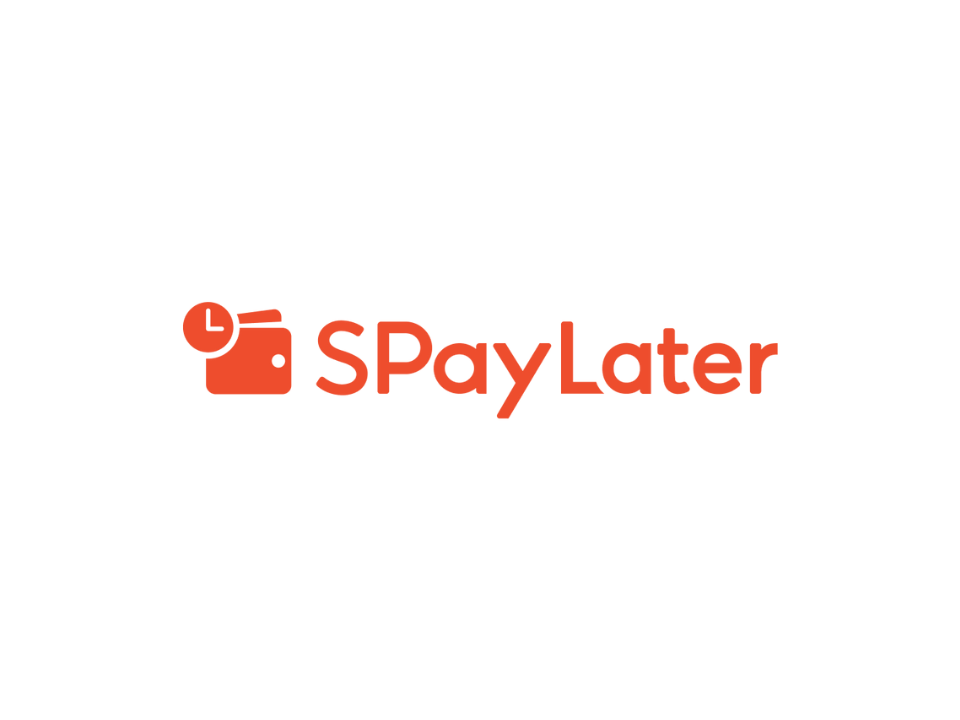
The survey findings are promising. An overwhelming 89% of users feel SPayLater helps them budget better, while 95% believe the service has improved their debt management skills.
This shift is reflected on a national scale. According to the Consumer Credit Oversight Board, BNPL-related delinquencies fell from 5.3% in 2023 to 2.6% in 2024, marking a major improvement in user responsibility and financial literacy.
Furthermore, 42% of users feel more in control of their finances thanks to SPayLater. While 2% reported occasional anxiety over short-term credit use, the majority indicated that BNPL gives them peace of mind in managing their daily and emergency spending.
Malaysians Want More BNPL Integration
With user satisfaction growing, so too is the demand for greater access. Many SPayLater users expressed a strong desire for more merchant integration, particularly with retailers in essential categories like groceries, healthcare, and household items.
As SpayLater continues to expand, this presents a significant opportunity for brands and merchants to meet customers where they are, providing flexible, accessible payment options for what matters most.
Fikir Sekarang Bayar Kemudian, A Movement for Mindful Spending
The campaign behind the survey, Fikir sekarang, Bayar Kemudian, aims to encourage responsible BNPL usage while promoting greater financial literacy. By shedding light on how and why Malaysians use BNPL, SPayLater is positioning itself not just as service but as a solution.
Whether you’re navigating emergencies or budgeting for the month, SpayLAter empowers users to think now and pay later with confidence and control.




